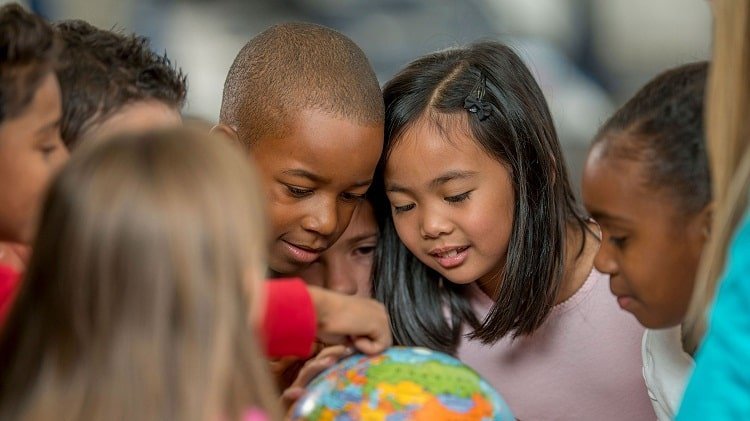
Table of Contents
CHCECE001 Assessment Answers, Workplace Answers and Case Study and Assignment.
Get CHCECE001 assessment answers, workplace answers, learner guide, case study and assignments from quality nursing writers of Australian assignment help. In order to evaluate the overall learning of children from CHCECE001 unit, there are a specific assessment answers they need to provide, and also give proper workplace answers to achieve competence. Learner guide can be useful in answering questions of CHCECE001 unit, and case studies are required to be done in order to prove the practical learning from the course. Australian assignment help has qualified experts to provide CHCECE001 develop cultural competence answers with a high level of accuracy and quality in their response.
CHCECE001 Develop Cultural Competence Assessment Answers
CHCECE001 unit is an important unit of competency that deals with development of cultural competence in children. The main purpose of this unit is to critically evaluate the skills and knowledge required in order to work towards cultural competency. It also promotes and encourages the participation of all children and families in children’s services. Before understanding the unit requirements and competencies required, it is important to understand the concept of cultural competence. Developing cultural competence is defined as the ability of an individual to understand, communicate with an effectively interact with people from different cultures. Once the cultural competency is developed, it is possible for an individual to perform comparative analysis of different cultures with his/her own sense of humor. It can be possible to become culturally competent by way of learning about different cultures, interacting with diverse group of people and by way of attending diversity focused conferences and seminars.
CHCECE001 Assessment Elements and Performance Criteria
As the CHCECE001 unit is concerned with development of cultural competence, there are certain important performance criteria and key elements that are considered as a part of deciding the overall competence level of a student in this unit. The important elements along with their performance criteria are indicated as follows:
- Reflect on own cultural identity and biases: In order to achieve cultural competence, it is important to have a good understanding of self. As a result, this element requires the ability of a student to identify significant event in own family background or history that have a direct impact on values, beliefs and attitudes. Student must be able to define aspects of environment that have a direct impact on own cultural identity, and should possess adequate knowledge skills and attitude in order to ensure cultural competency.
- Identify and develop cultural competency: A student is considered cultural competent when he has the ability to identify the cultural identity prevailing within the community. Children must therefore be able to identify the cultural identities and critically analyse the relationships, curriculum and activities in a positive way.
- Research aboriginal and/or torres strait islander communities: To achieve competency in this unit, children must be able to perform research on aboriginal and Torres islander communities and identify historical issues in relation to such community. They should also be able to reflect on contemporary impacts of historical issues related to this particular community.
- Support individual cultural identities: This element requires a student to consult with appropriate person in order to gather sufficient idea about local cultural group. It also identifies the need to support activities and promote participation within all cultural groups, provide opportunities to all the family members to encourage sharing of cultural knowledge, and provide complete exposure to children to different language and dialects so that they can develop their cultural competency in a positive way.
- Create environment to support children’s cross cultural understanding and relationships: It is important to create an environment for children that help them in understanding their cross-cultural competency and develop relationships. It requires promotion of constructive relationship with children and utilise oral communication is skills in order to familiarise children with cultural diversity, and perform observance of children’s interaction and participation across different cultural groups and their understanding.
- Support the implementation of inclusive learning experience: Provided with opportunity to implement experiences that help them in developing diverse background and interacting with it in a perfect way. It requires encouraging diversity within children and implement experiences that are emphasizes on custom and belief relevant to developing cultural diversity within them.
- Supporting children in developing confidence and strength in personal and cultural identity: The key performance criteria in supporting children in this respect includes providing them an environment whereby they feel secure, respectful, allowing proper communication and interaction within children to help them develop a sense of identity, facilitating group activity to allow children to work in a collaborative way, and supporting children with cultural needs as required.

